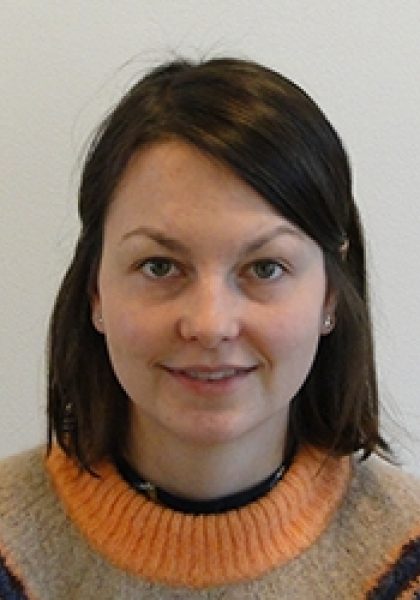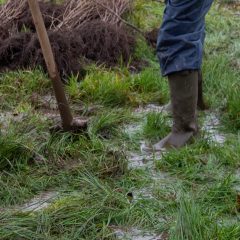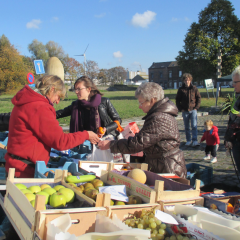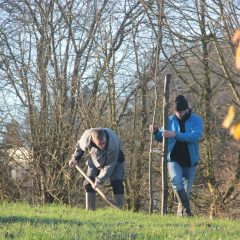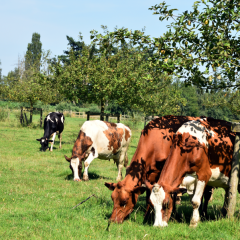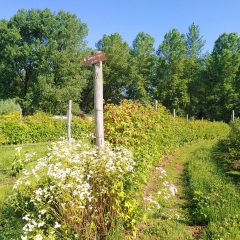Research project FoodForward
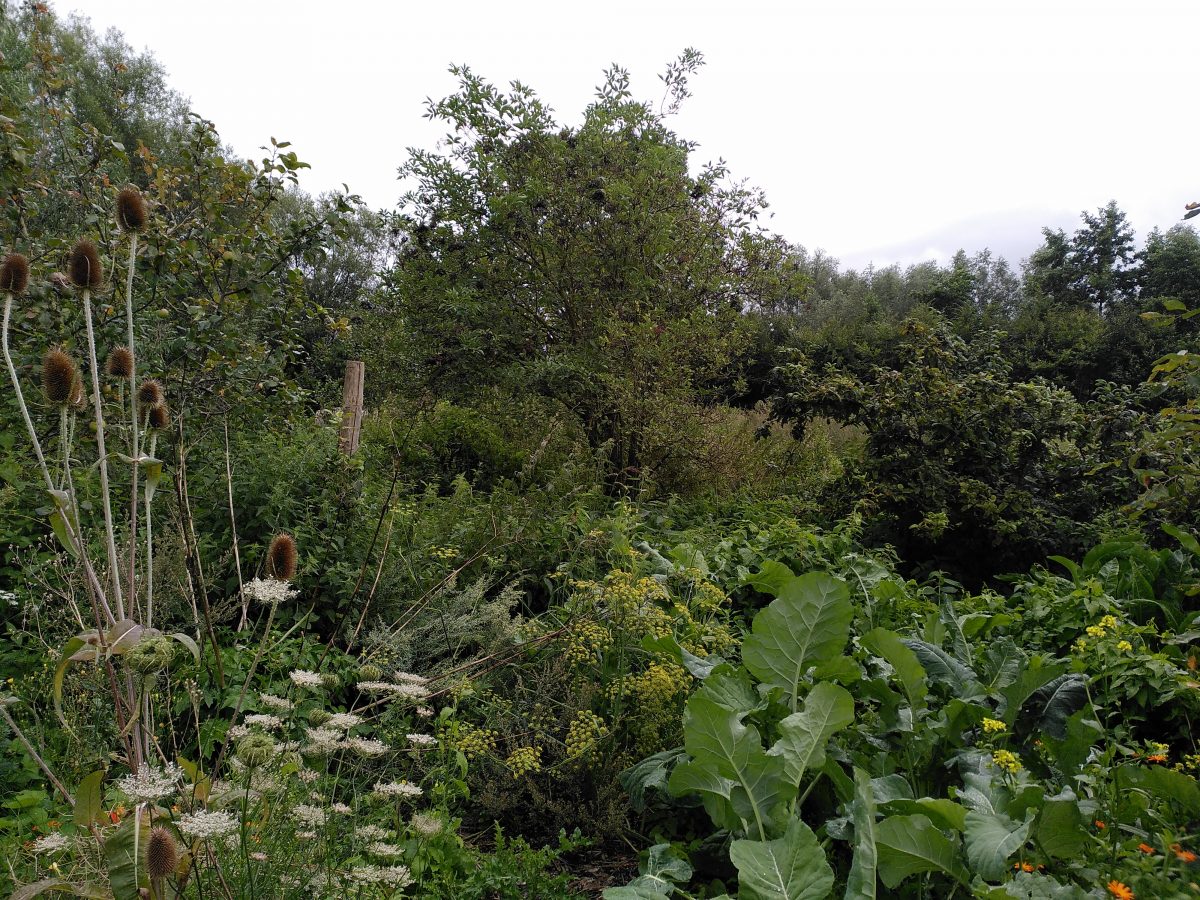
General introduction
In the Operational Group FoodForward, four agroforestry practitioners joined with three knowledge institutions (including ILVO) to analyze how to improve the professional expansion and economic feasibility of food forests. Multi-annual plant combinations, minimal inputs and soil tillage, combining closed cycles with short chain is indeed a challenge. The most concrete results are the facilitation of a digital marketplace, a practice-oriented roadmap for the construction of an economically efficient food forest system, an inception for a financial, logistical and labor-related cost-benefit analysis and proposals for regulatory simplifications. FoodForward shows that food forests, although niche, can be a viable alternative.
Research approach
An integrated approach was used to combine innovative cooperation models, such as short chains and direct cooperation between links, with sustainable agricultural practices (perennial plant combinations, minimal inputs, closed cycles). In addition to the technical and economic work packages, attention was also paid to the simplification of laws and regulations surrounding food forests, and to communication and knowledge sharing via farm visits and other methods.
Relevance/Valorization
The tools and insights support farmers and policy makers in the economic and ecological transition in Flemish agriculture. For example, a fact sheet with a business economic calculation could look like this: a fictitious 0.8 ha food forest will at least break even if the food forest grower organizes part of the sales through self-picking, complements that with workshops or guided tours, can sell both fresh and processed products, and can access investment subsidies of up to 30% of the total start-up costs.

